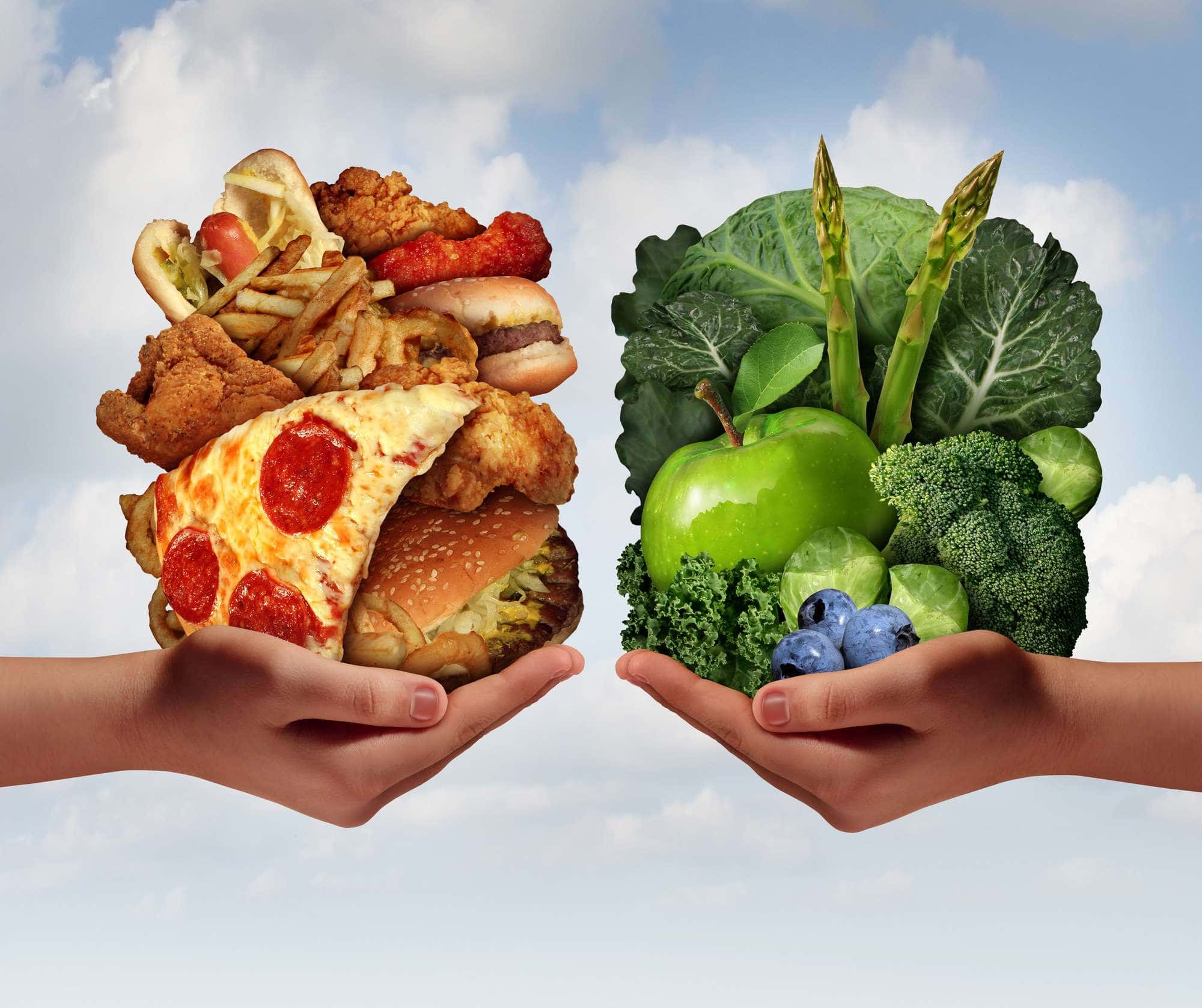Flexible Dieting
Flexible dieting (also known as IIFYM or If It Fits Your Macros) is not a diet. It’s a lifestyle. In this method, there are no food restrictions, no food chart to be followed and we lose weight, eating what we like. It gives us freedom in our food choices that will help us to lose weight and maintain the weight loss for ever. Since no food is off limits, there’s no restrict -binge cycle and hence we create a positive and healthy relationship with food.
So you wonder, how do we lose weight eating what we like? Well, in flexible dieting, we calculate our Total Daily Energy Expenditure (TDDE) and macro nutrient needs. From this TDEE, we subtract a few calories to create a calorie deficit. For eg, if your TDEE is 2000, you can reduce 300 calories daily to lose weight. After deciding on your calorie goal, macronutrient needs can be calculated- Carbohydrates, protein and fats. Websites and apps which promote flexible dieting lifestyle provide TDEE and macro calculators where we can enter our height, weight, age and activity levels to obtain a macronutrient distribution. After calculating the TDEE and macros in ratios that help you reach your goal, food intake has to be tracked daily to meet the calorie and Macro limits for the day.
Macros are essential nutrients the body needs in large quantities to remain healthy. Micronutrients are vitamins and minerals needed by the body in very small amounts.
The three main Macros (Macronutrients) are Protein, fat and Carbohydrates.
1 gram of protein= 4 calories
1 gram of Carbs= 4 calories
1 gram of fat= 9calories
Tracking Macros means setting specific target goals of how many grams of protein, carbs and fat you want to eat every day.
In this method, it is ok to include processed food, chocolates and payasams and parippu vadas coz there’s nothing wrong with these foods. But, if you are only going to eat this, you won’t feel your best, you will miss out on a lot of benefits of good quality foods. Our body composition, digestion, energy levels, glow are all influenced by our food choices. So always make sure at least 80% of your calories are from whole food and nutrient dense food and 20% can be your treats.
Bottom line is flexible dieting works for everyone and it allows us to eat all kinds of food. It makes the diet enjoyable and very easy to stick to. Studies have shown that people who follow flexible dieting lifestyle are more successful at keeping weight off over time, compared to people who follow strict diets.


